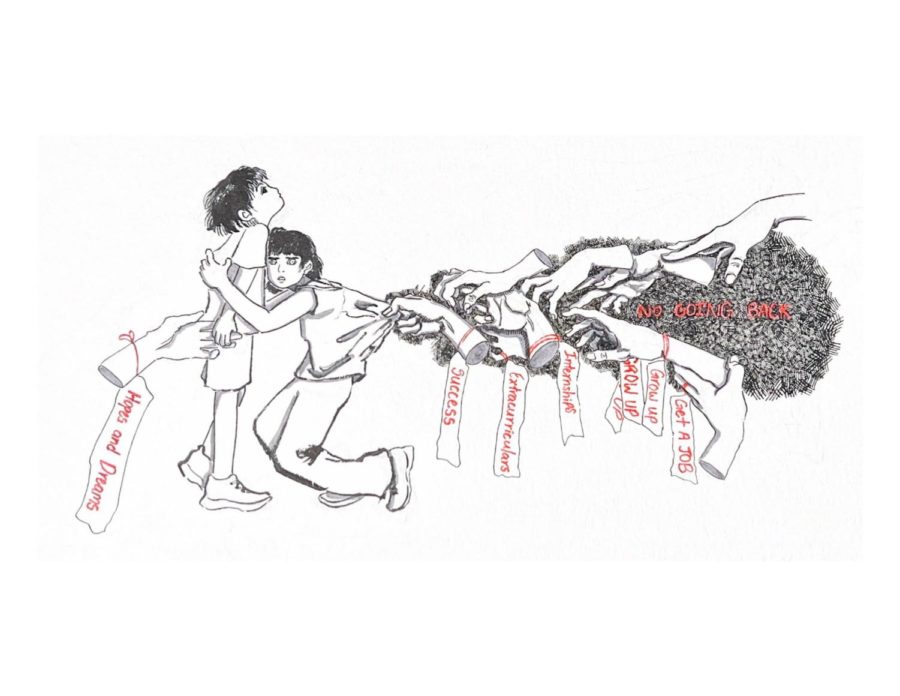Last year, on April 29, the Student Government Finance Committee (SGFC) convened one of its weekly meetings to hear and vote on funding proposals for upcoming events. During the two-hour meeting, the committee, comprised of a group of elected student representatives, voted to allocate $1,150 for the Catholic Students Association’s (CSA) spring barbecue, funding two Sam’s Club hamburgers per attendee. It also allocated $2,375 for the UChicago Friends of Israel spring barbecue, funding kosher falafel, pita, tahini, and hummus. And it gave $5,783 to the Harris School’s organization Latin America Matters (LAM) for its second annual Latin American Policy Forum, funding plane tickets to bring influential Latin American policymakers and politicians—including the ex-president of the Dominican Republic—to speak at the University.
At every meeting, SGFC is called upon to make decisions and trade-offs with its budget, which comes directly from the Student Life Fee that we pay each quarter. The meeting on April 29 is a stark example of the kind of trade-offs that SGFC makes in funding every week, but this example is not meant to be a critique of those specific events. In this case, all three events were able to receive funding. But overall, every dollar that goes toward food for an event is a dollar taken away from something more long lasting, memorable, and uncommon. I attended the Latin American Policy Forum and remember being fascinated and challenged by the social development panel, which comprised representatives from the Inter-American Development Bank and the Mexican government, and their discussion of the development possibilities in the region. I can’t remember if I attended the Friends of Israel or the CSA event—but then, campus events based around meals are rarely memorable the week after.
I have gone through the minutes from 15 SGFC meetings between 2013 and 2014, and at almost every meeting, food was either the most requested item or had the most money allocated to it. In contrast, however, SGFC’s policy is to only fund a maximum of 50 percent of a travel stipend request. No good public data exists about the exact breakdowns of funding (though Student Government is working on making that data available), but several current and past members of Student Government have expressed to me that food is one of the largest, if not the largest, expense that SGFC funds.
Is all of that food worth the trade-offs that come with it? My stomach says yes, but then I remember that the thousands of dollars of “free” food that I may or may not stumble upon in Hutch on any given day comes directly from money that I already paid to the school, in the form of the Student Life Fee. Free food on campus brings people together and can ensure good attendance at events. But food is a consumable good meant solely to “enhance” (according to the SGFC charter) events—it doesn’t necessarily teach, inform, or inspire. So why does food receive so much funding when, in contrast, requests for transportation to conferences, honoraria for speakers, and new equipment for RSOs often go partially funded? Without this funding, a potentially illuminating event might never take place. Food is rarely essential to the spirit of an event, and in fact, SGFC claims it only funds food purchases so long as the food is “not the sole draw of the event.” The committee should implement policies and set precedents that prioritize more meaningful, long-lasting funding requests over those for food. One solution might be to require that RSOs rank items on budget requests in terms of how essential they are to the event. Beyond that, however, RSOs should recall that every penny they request from SGFC ultimately comes from their own pockets, and question whether 15 boxes of pizza for a study break is the best use of that money.
Maya Handa is a third-year in the College majoring in public policy.








